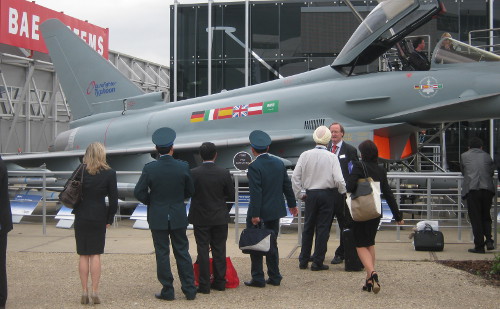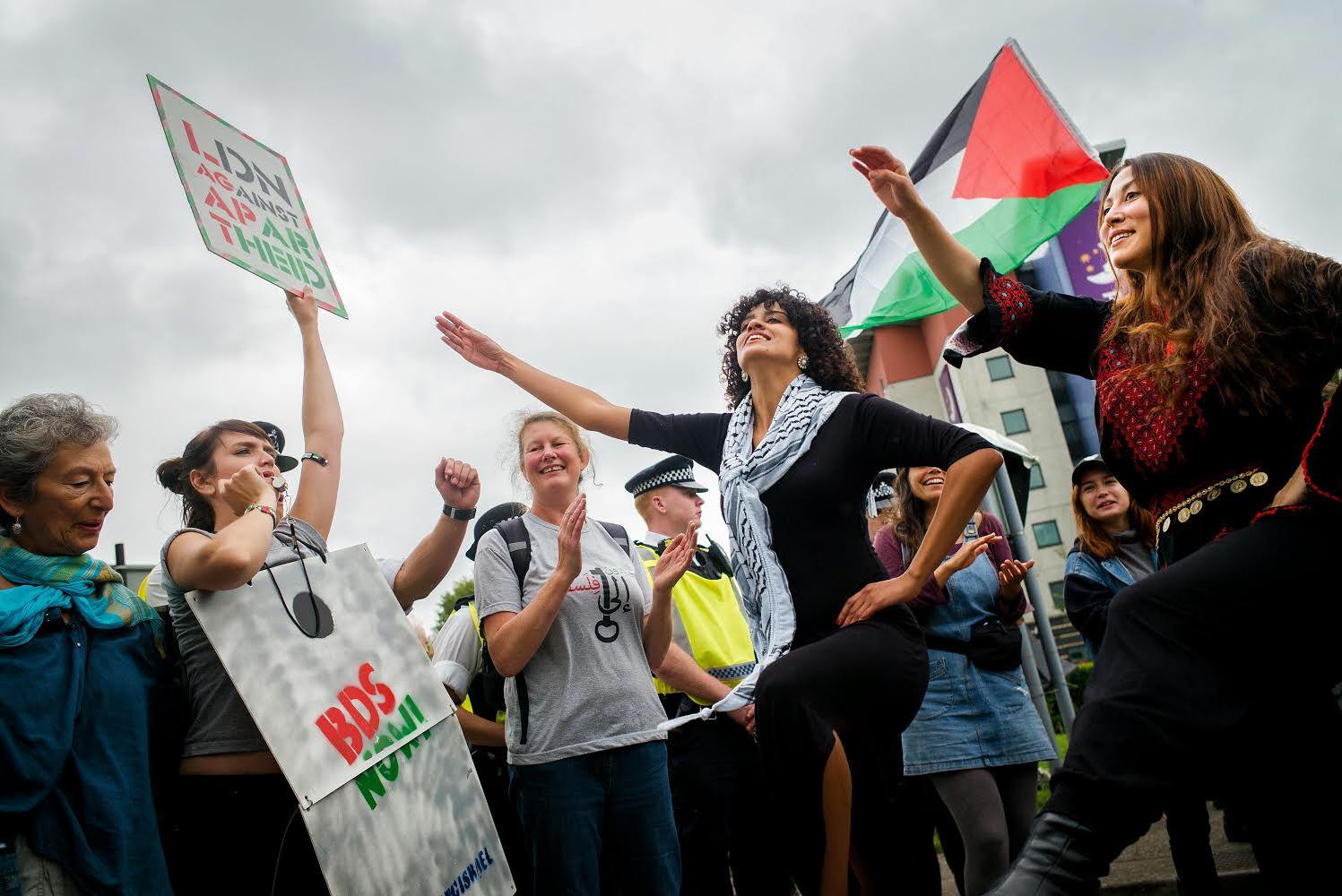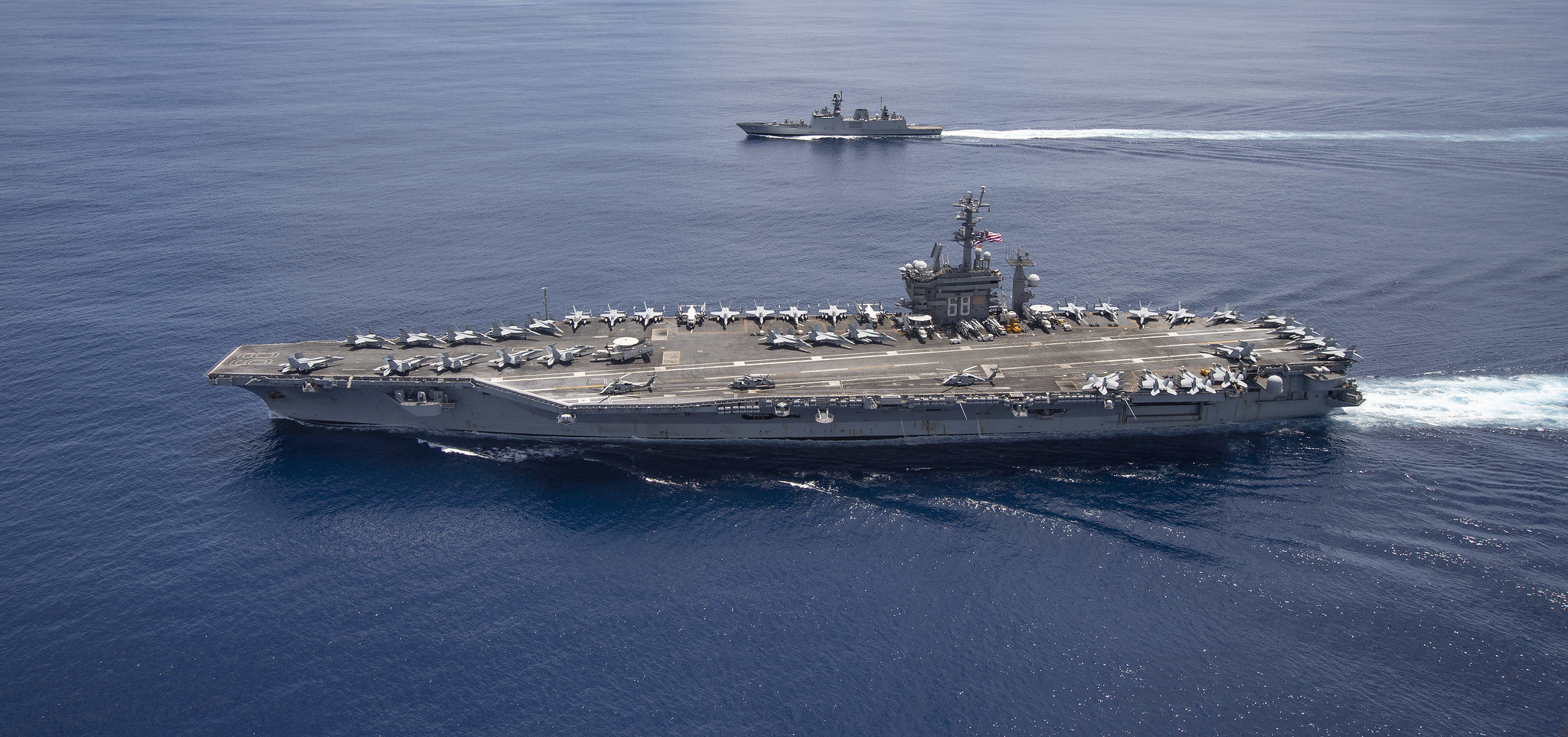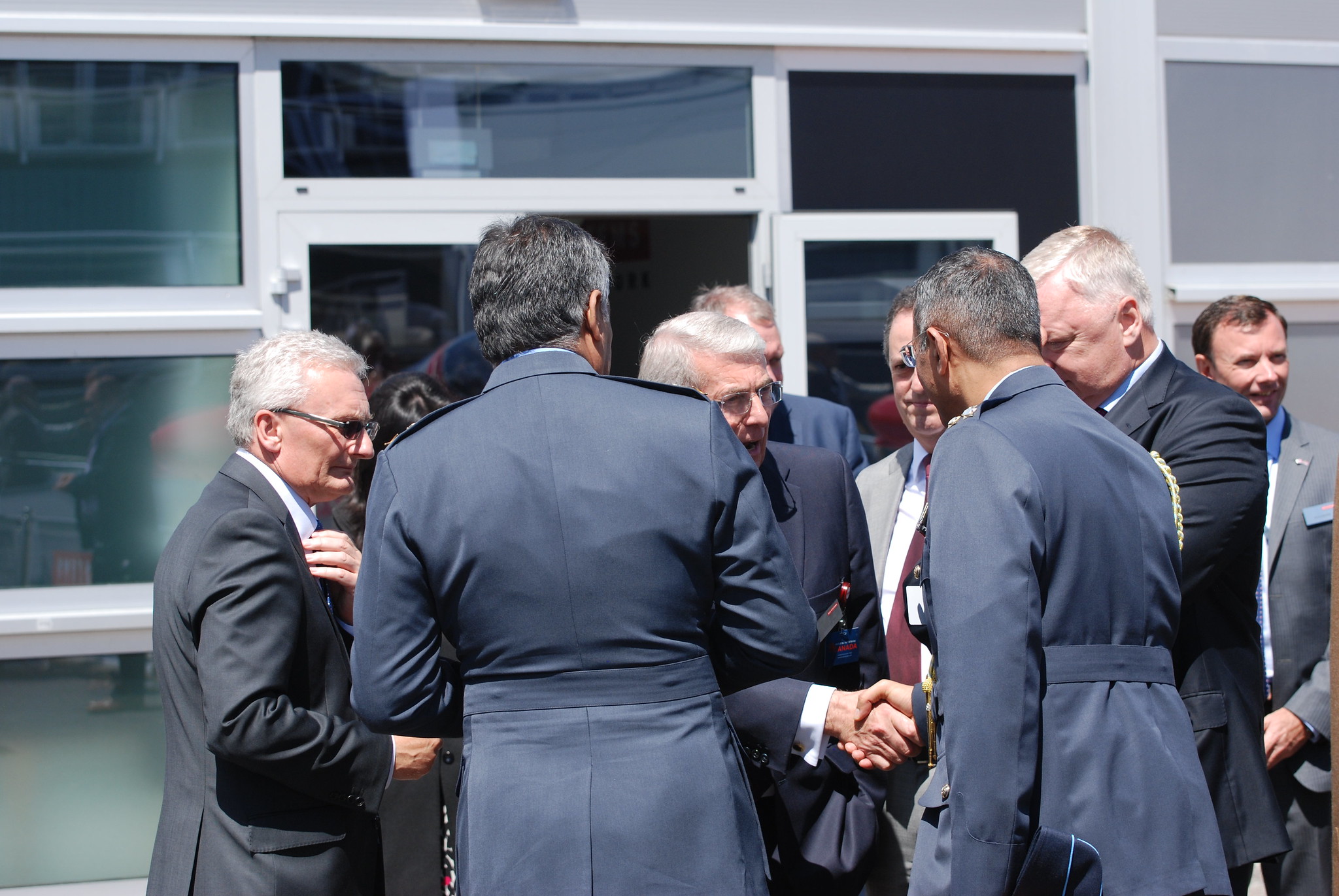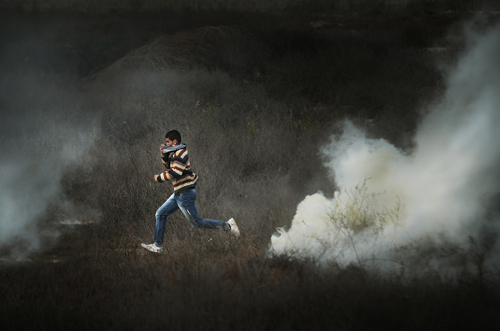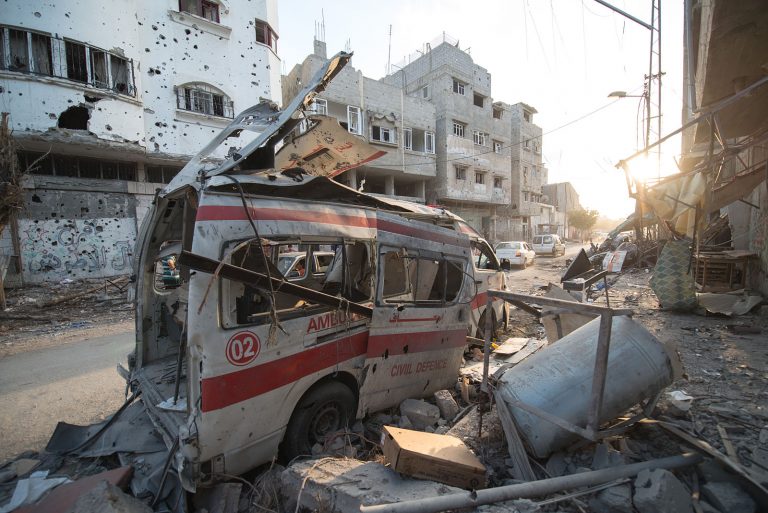UK arms export regulations
The answer to the question ‘who buys UK arms?’ is, shockingly, almost anyone who is willing to pay. The government’s policy is to vigorously support the arms trade, so the regulations that exist are aimed at facilitating the trade rather than restricting it.
Arms exports to Saudi Arabia are a clear demonstration. Despite the Saudi military’s devastating attacks on Yemen and the regime’s terrible record on human rights, the UK has only ever refused a handful of applications for arms export licences. Since 2008, it has refused NO applications for the main type of export licence (Standard Individual Export Licences) to Saudi Arabia.
Some barriers do apply: there are international embargoes that the UK must abide by, put in place by either the UN or EU (until the end of of 2020). However, embargoes rarely involve major UK arms markets.

